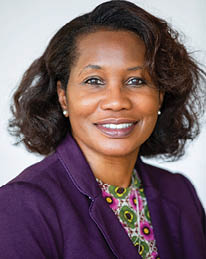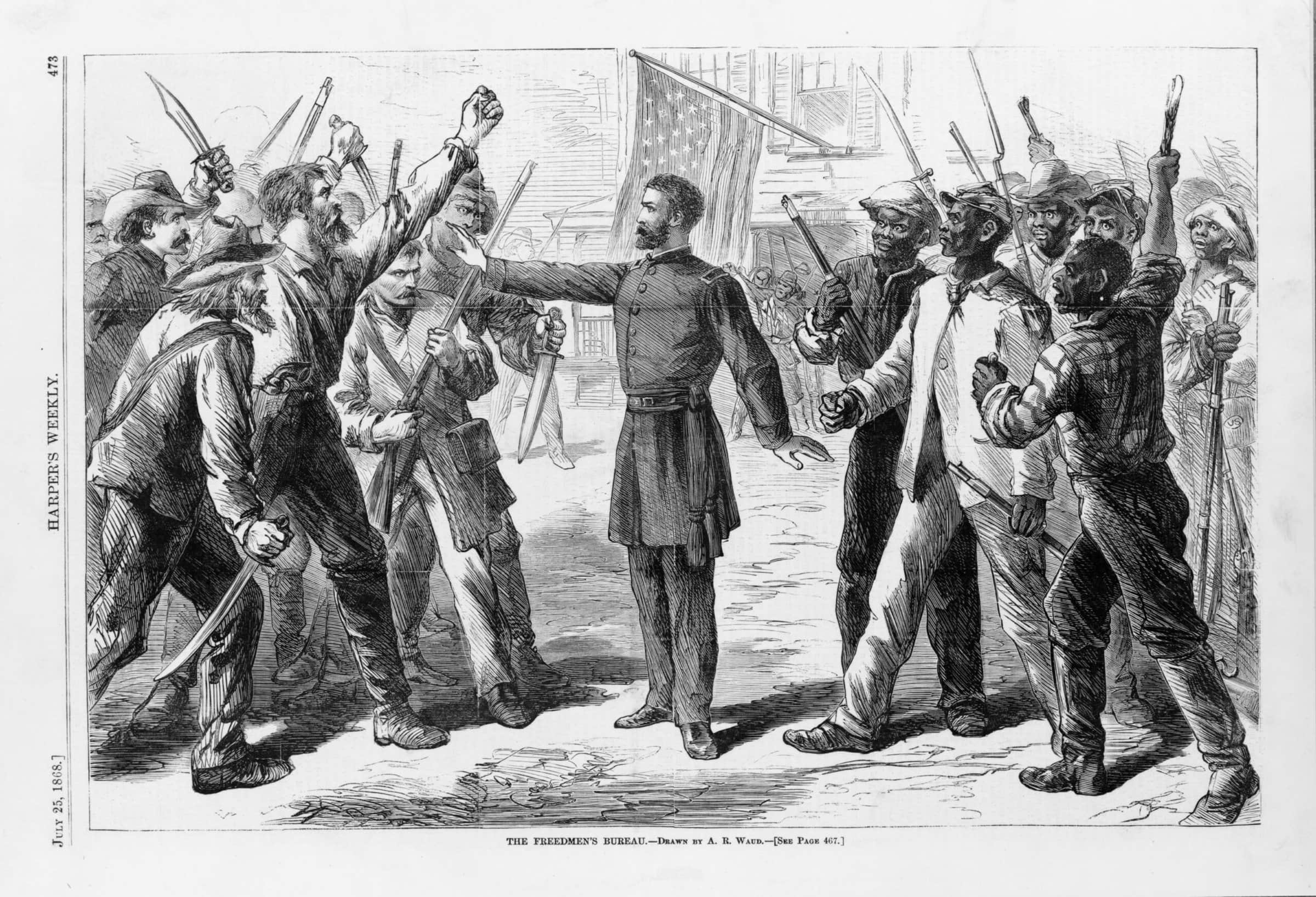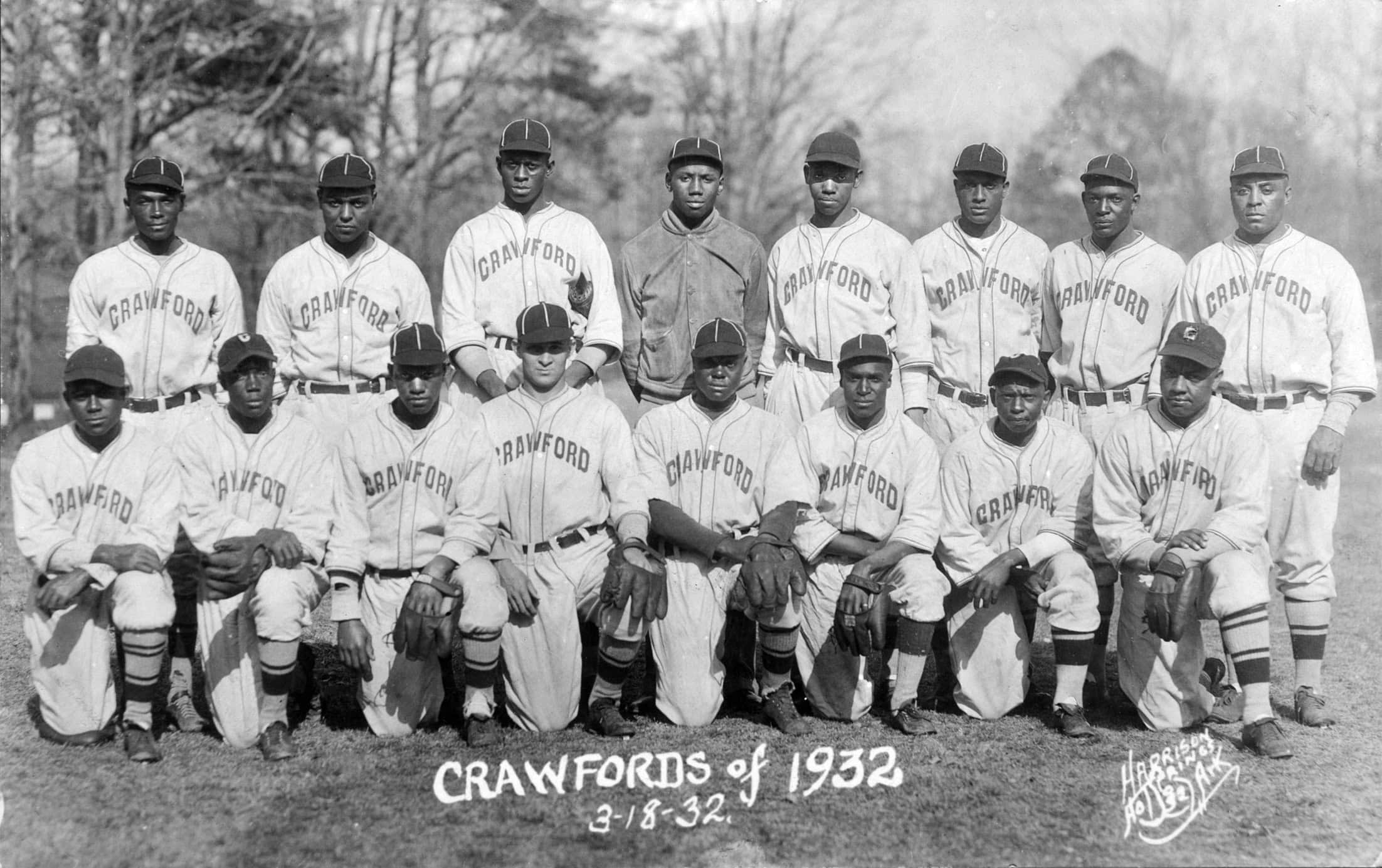AHA members are involved in all fields of history, with wide-ranging specializations, interests, and areas of employment. To recognize our talented and eclectic membership, AHA Today features a regular “ AHA Member Spotlight” series. The members featured in this column have been randomly selected and contacted by AHA staff, but if you would you like to nominate a colleague for the AHA Member Spotlight, please contact .

Karen Cook Bell is assistant professor of African American history and U.S. history at Bowie State University. She has been an AHA member since 2009.
Alma mater/s: Howard University, Washington, D.C.
Fields of interest: Civil War and Reconstruction; gender, 19th-century labor, civil rights
When did you first develop an interest in history?
As a historian of slavery, the slave trade, and the U.S. South, my research interrogates the ways in which African identities are reconstructed through a dialogue with the diaspora. My interest in history emanated from reading the scholarship of W.E.B. Du Bois while in high school in Savannah, Georgia. Du Bois’s early scholarship on race at the dawn of the 20th century provided important insights into the objective reality of African Americans in the South. Du Bois problematized the whole question of identity by uncovering the relationship and interpenetration of race and class as explanatory variables in the African American condition. As a resident of Georgia during the first decade of the 20th century and editor of Atlanta University Studies Publications, Du Bois traveled extensively throughout the state of Georgia to assess the historical and contemporary problems of African Americans. More than any other scholar and activist, Du Bois has had a lasting impact on the thought of African Americans. Indeed, 30 years ago, sociologist William Julius Wilson published The Declining Significance of Race: Blacks and Changing American Institutions (1980) in which he argued that race had become less important than class as a determinant of life chances for African Americans. Wilson’s thesis received much criticism and evaluation from historians and sociologists alike who cited key social indicators (income, education, health, and housing) to demonstrate an overall lack of improvement in the conditions African Americans faced during the decade of the 1980s, showing that “race matters.” Thirty years later, the election of the first African American president provides an opportunity to interrogate how the election of President Obama informs teaching issues related to race, slavery, and the slave trade in U.S. history and African American history courses, particularly in light of recent claims regarding President Obama’s maternal connection to slavery.
What projects are you working on currently?
My research interest encompasses the histories of slavery and emancipation. I have authored several articles, most recently in the Journal of African American History (Spring 2010). My work has also appeared in edited collections of essays: U.S.-West Africa: Interaction and Relations (Univ. of Rochester Press, 2008), Before Obama: A Reappraisal of Black Reconstruction Era Politicians (Praeger, November 2012), and Slavery and Freedom in Savannah (Univ. of Georgia Press, forthcoming). I am currently working on a monograph tentatively titled Claiming Freedom for Themselves: Kinship, Land, and Race in Nineteenth-Century Georgia, which on a macro level examines the concepts of freedom, race, and citizenship. On a micro level, my work examines the experiences, expectations, and decisions of former slaves during the Reconstruction and post-Reconstruction periods in Georgia and the trans-local processes of dealing with the outcome of Reconstruction.
From a basic historiographical perspective, I am seeking to frame my project in the context of the ontology of law and society. I posit that the second half of the 19th century can be understood as the struggle of heterogeneous mutually opposed social forces. At the state and local levels, the law acted as a corset restricting the freedom and mobility of emancipated men and women. Countervailing strategies developed by former slaves to secure fair wages, purchase land, and make provisions for the disposition of their property emanated from political and social activism, which persisted throughout the era of southern disfranchisement.
I am also writing an article-length study on the Civil War experiences of enslaved women in Southern Louisiana and Low Country Georgia.
What is the last great book or article you have read?
I find the study of comparative religion and philosophy enriching. I firmly believe that ideas are the environment in which people live. Two influential studies of comparative religion that I have found insightful are Huston Smith’s The World’s Religions: Our Great Wisdom Traditions (2009) and Philip Novak’s World’s Wisdom: Sacred Texts of the World’s Religions (1995).
Is there an article, book, movie, blog etc. that you could recommend to fellow AHA members?
In fall 2012, I will teach the course The Antebellum South and introduce students to Laura M. Westhoff’s concept of “historiographic mapping.” In “Historiographic Mapping: Toward a Signature Pedagogy for the Methods Course,” Westhoff defines “historiographic mapping” as “the reading and reasoning process historians use to create a mental map of scholarship on a given topic and the ways we use historiographical knowledge to develop research questions and make meaning from primary sources” (Journal of American History 98, March 2012). The skills gained from historiographic mapping will help students successfully complete the capstone course for history majors. Intensive research practicum in content courses will facilitate bridging the gap between content courses and the capstone experience.
What do you value most about the history profession?
In his first analysis of time, Hegel described time as the “now” that has an “enormous right” because only the present truly “is.” Teaching history provides the opportunity to extend the idea that the present is a reflection of the past preserved in the spirit of history. History education fosters students’ critical thinking skills and critical consciousness. Fostering the ability of students to analyze social, political, and economic change and write persuasively is a fundamental part of my teaching. While confronting my students with the challenge of analyzing the post-Civil War period, I encourage students to reflect on their conceptions of freedom and what freedom meant for African Americans in the South. Specifically, I try to open their minds to how after the Civil War the majority of black men experienced freedom for the first time and struggled as free men with issues related to masculinity and manhood (family, marriage, work, politics, rights of citizenship). Similarly, for women I underscore how black women throughout the South exerted their right to be treated equally with white women and examine how respectability was a core issue for black women in the context of marriage, family, work, dress, aesthetics, politics, and rights of citizenship. Such comparisons help my students not only learn about the important social aspects of freedom, but also encourage them to relate these ideas to the current issues facing African Americans.
Final thoughts
The Muslim philosopher al-Ghazzali observed that “the different religious observances and religious communities of the human race, with all the multiplicity of sects and variety of practices, constitute ocean depths in which the majority drowns and only a minority reaches safety.” The minority that reaches safety share a “lived sense of connectedness in spirituality,” which balances the differences between them. Listening to the commonalities that we share will help us develop a complex global consciousness.
This post first appeared on AHA Today.
This work is licensed under a Creative Commons Attribution-NonCommercial-NoDerivatives 4.0 International License. Attribution must provide author name, article title, Perspectives on History, date of publication, and a link to this page. This license applies only to the article, not to text or images used here by permission.


